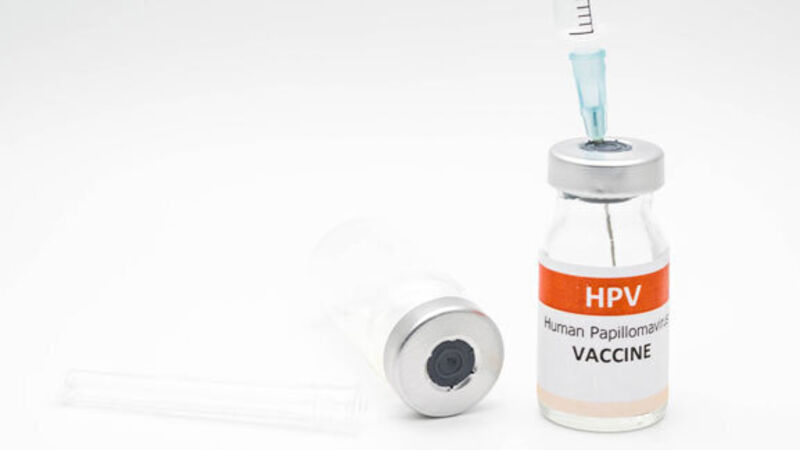Uptake of cervical cancer jab falls 50%

The HSE said the collapse in uptake of the human papilloma virus (HPV) vaccine Gardasil stabilised this year, as it warned parents about “conflicting and misleading information”.
Since 2010, more than 230,000 girls have been vaccinated, with about 1,000 reporting adverse reactions.
The HSE is sending 40,000 information packs to secondary schools ahead of medical teams visiting to administer the vaccine in September to first-year girls.
Professor Karina Butler, a consultant paediatrician and chair of the National Immunisation Advisory Committee, said millions of women have been safely vaccinated around the world.
“Not one of these people anywhere in the world has been medically proven to have had a long-term side effect from getting the vaccine. This is a vaccine that can save lives. It works.”
Ireland has one of the highest cervical cancer rates in Europe with more than 90 women dying from the disease every year and more than 280 others needing surgery, chemotherapy, and/or radiotherapy.
Gardasil protects against two high-risk types of HPV, one of the most common sexually transmitted infections. It prevents HPV 16 and 18 that cause 90% of genital warts and is used in more than 25 European countries, the US, Canada, Australia, and New Zealand.
Regret, one of the parents’ groups opposed to the vaccine, claims information from the HSE is incomplete, downplays safety issues, and exaggerates its effectiveness.
The HSE said HPV vaccines are more than 99% protective against infection with cancer-causing HPV virus types and most effective in the 12 to 13-year age group.
Health chiefs urged concerned parents to only use the hpv.ie website for information on the vaccine. It is accredited by the World Health Organisation.
Dr Stephanie O’Keeffe, HSE national director, health and wellbeing, said: “We know that there are many conflicting and misleading sources of information out there.
“Although this information is provisional, and we remain very concerned at the current rates, it does tell us that parents would seem to be hearing the message that this vaccine is safe and effective — it offers their daughters a life without cervical cancer,” she said.
According to the Health Products Regulatory Authority, there were 245 reported adverse reactions to Gardasil in the two years to April 2017. Most commonly, people fainted when injected or showed gastrointestinal symptoms, malaise, headache, dizziness, and injection site reactions.












